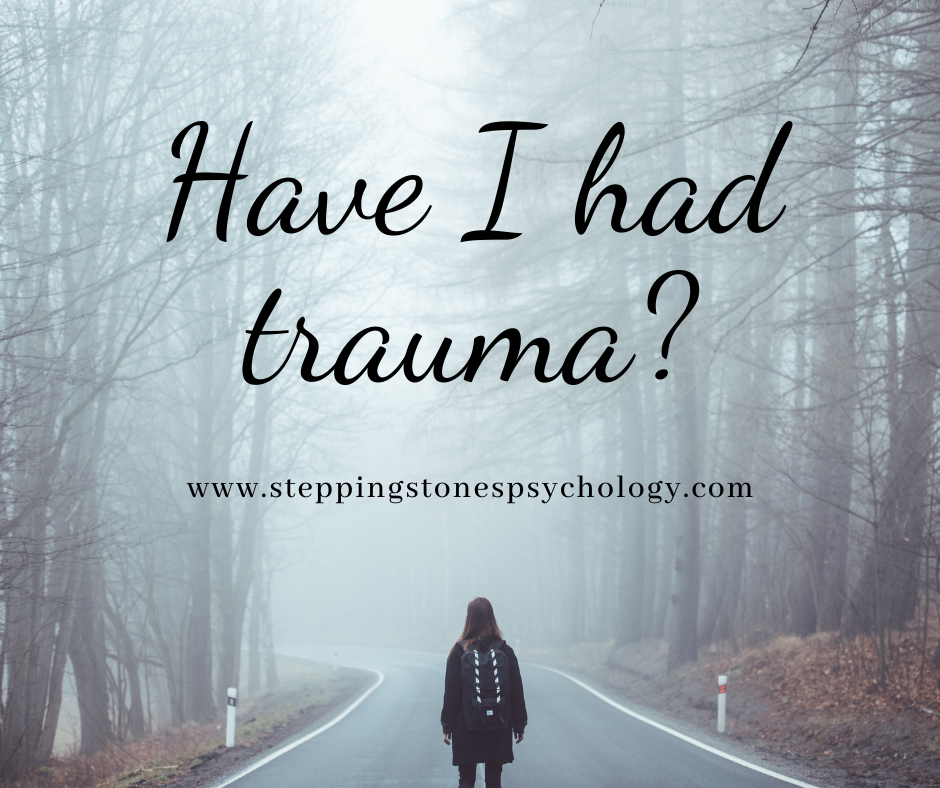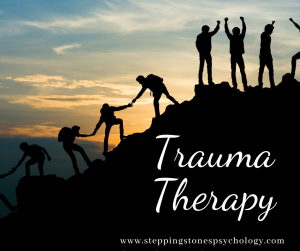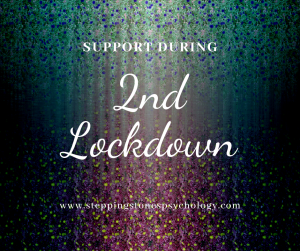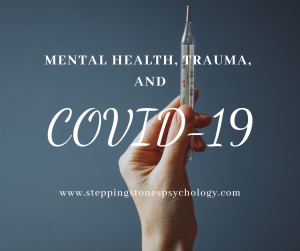Have I had trauma? Maybe not. Then why do I feel the way I am? How come I am going through what I am going through? Am I being pathetic for feeling the way I am?
These are probably feelings and thoughts you have often, or perhaps from time-to-time, experienced.
You may wonder what it is. Even feel confused and stupid.
Often when people hear the word ‘trauma’, they think about the big ugly traumas like child sexual abuse or violence. People rarely, or sometimes never, think about emotional abuse, and often to a lesser extend when it comes to emotional neglect.
Trauma does not only relate to major traumatic experiences that many people face. Instead, a trauma response occurs from any experience where we felt fearful, overwhelmed and unsafe. Collective trauma is occurring right now due to the global pandemic for example.
The truth is, you may not view your experiences as trauma, and that is OK. Instead, what you went through could have been a wide range of traumatic or difficult experiences that overwhelmed you. Maybe it was about the environment you were in that made you feel anxious or stressed out – it could have been inconsistent or chaotic. The situation around you may have been full of some kind of instability. Or, it could have been one where on the surface level everything was fine but deep down there was some form of the void you experienced.
You may have been reading self-help books and engaged in talking therapy. All of which may have been helpful. They may have helped you understand yourself, your thoughts, moods and behaviours better. You may have got answers to some of your questions and developed a better understanding connecting some of the dots.
Despite, having gained some awareness and insight, you may still, feel something is missing.
It is here where a holistic and embodied approach to post-traumatic growth comes in. This will facilitate one of the deepest levels of healing. You may wonder how and why. When we read and talk we are using a part of the brain that involves reasoning, logical thinking, rationalising and verbal processing. But we know now from the growing scientific evidence which shows that trauma impacts on areas of the brain which are not accessible by cognitions. Embodied approaches and subconscious therapeutic models offer a therapeutic experience that is beyond where words or logical thinking can take you. It allows you to release stories held on a deeper, unconscious level, and also the stories held within your body.
You can attend short skills-based or interventions based sessions to achieve this. These sessions could be based on somatic approaches like learning skills to use your own body to ground yourself and calm your nervous system down, or they could be based on creative approaches, for example, Therapeutic Journaling.
Should you wish to find out more and have access to free resources, please feel free to join my group by following this link: https://www.facebook.com/groups/PTSDandTraumaSupportPackage
Should you wish to engage in sessions, then I am currently offering the following:
- An Integrative Embodied Approach to Healing Trauma: The idea is that trauma can be stored in the body, and by releasing it, it helps you heal. It helps us process trauma stored in our body simply by using the body. It means revisiting the trauma gently and safely, and allowing yourself to feel the emotions that went along with it and try to help remove them from your body. Taking the time to really breathe through it and really being able to zone in on your body’s reactions to the trauma is an important aspect of Embodied psychotherapeutic models. These are stand-alone sessions, but part of a series of 6 sessions. Please follow this link for more information: https://steppingstonespsychology.com/events/embodied-integrative-approach-to-healing-complex-trauma/
- Parenting with a History of Trauma (Level 1): Are you a parent who has had an unsettled childhood? This online programme is for parents who had a tricky childhood or have a history of trauma. We know that the issue of attachment disruption, unresolved loss and trauma can have a negative impact on our parenting. However, having a safe space to explore and make sense of these, and looking at various trauma-informed parenting and self-help techniques, tools and resources, can help you move forward in your parenting journey. In addition to this, there will be a Listening Circle, which is a safe space for sharing, reflections and healing. Listening Circle sessions can be very powerful, and it is a place where you and all of your emotions will be held, seen and heard. All emotions will be welcome, and in return you will feel validated and supported. This safe and compassionate space is in itself ripe ground for connection, transformation and healing. By healing yourself, you will become a better version of yourself as a parent. Please follow this link for more information: https://steppingstonespsychology.com/events/parenting-level-1/
- Loving Ourselves from Within (Level 1): You may be experiencing low self-worth or generally expect a lot of yourself. You may have had a tricky childhood, and you can see how that more or less still impact how you live your life. You like to create a shift and move in the right direction. Then this programme can help you. Please follow this link for more information: https://steppingstonespsychology.com/events/loving-ourselves-from-within-level-1/
Please feel free to contact us if you have any questions or like to find out more.
© Sharmi Gowri-Kriszyk under Stepping Stones Psychology 2020




